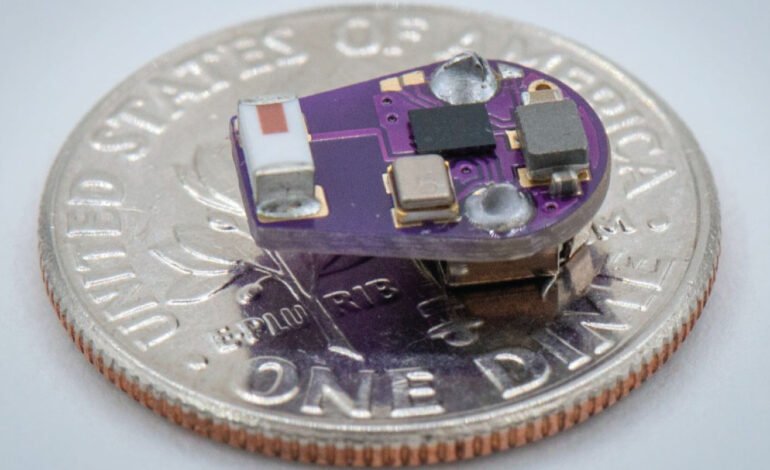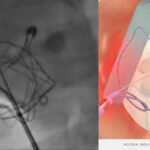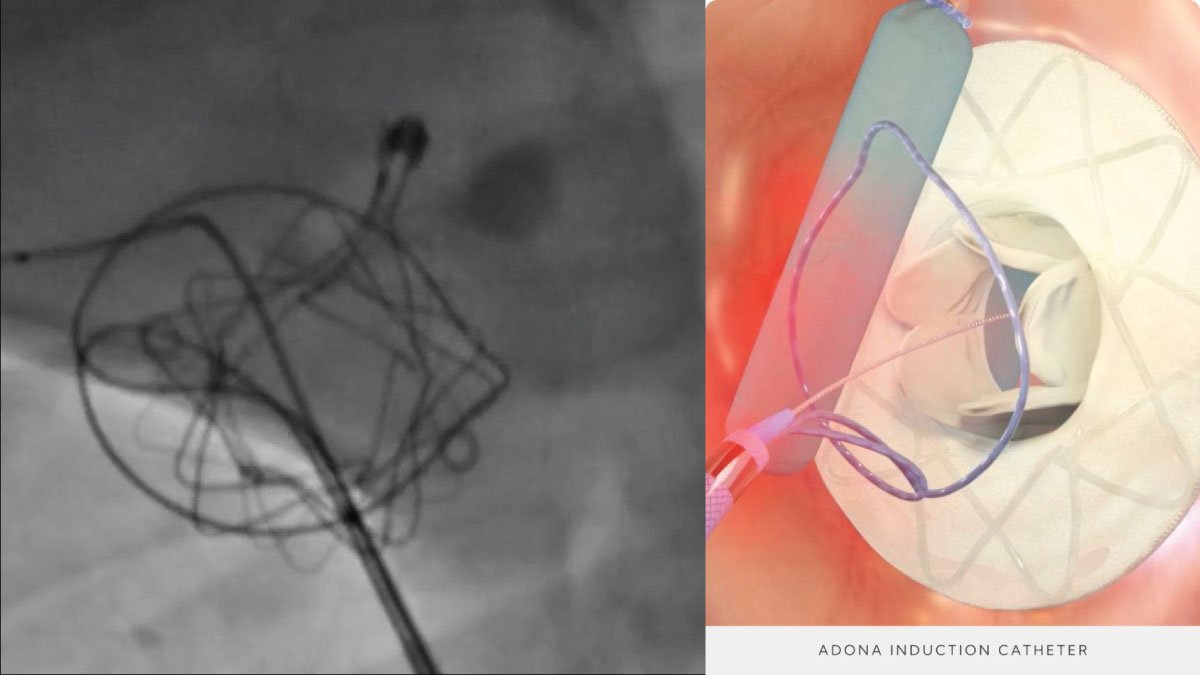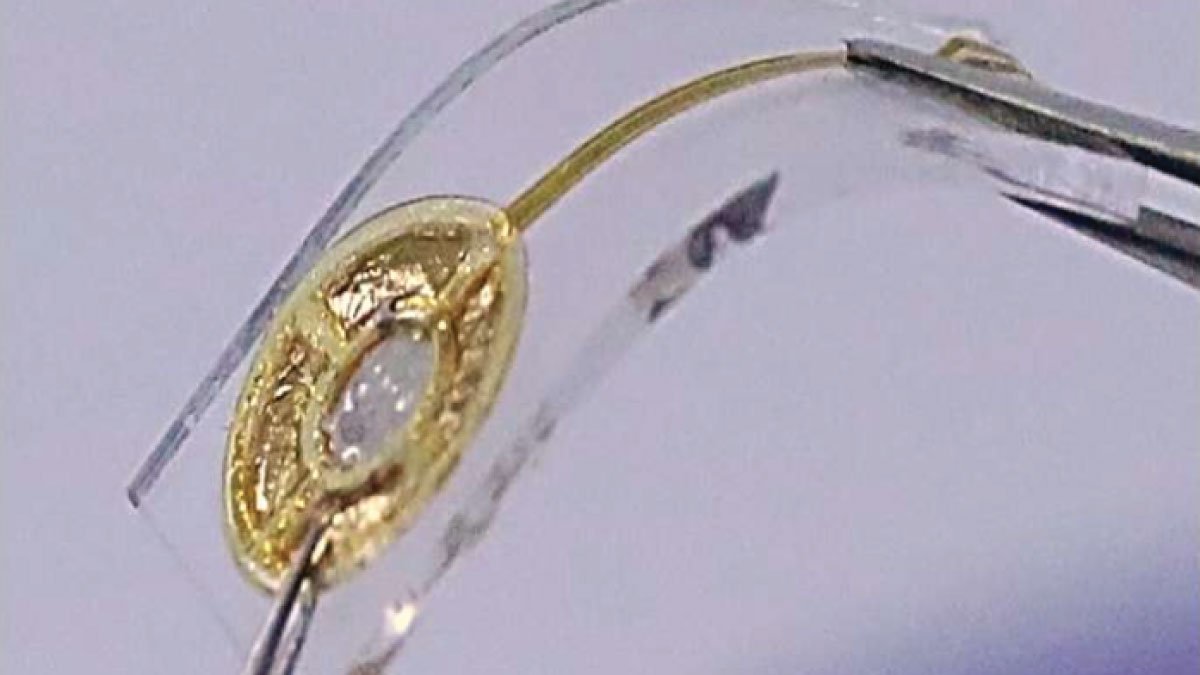Implantable Sensor Paves the Way for Timelier Crohn’s Treatment

An revolutionary implantable sensor gives new hope for Crohn’s disease patients, offering more prompt and effective therapies. This breakthrough device could transform patient care by providing real-time monitoring and early identification of illness flare-ups.
Innovative Implantable Sensor for Crohn’s Disease
An implantable sensor that aims to enhance Crohn’s disease management has been created by a Northwestern University research team. The condition in question is a chronic inflammatory bowel disease (IBD), which results in significant inflammation of the digestive tract and manifests as lethargy, diarrhea, weight loss, and abdominal pain. Treatment for Crohn’s disease has historically been delayed since it depends on individuals identifying and reporting their symptoms.
The implantable sensor, which was first used in John A. Rogers’s research at Northwestern University, continuously measures important biomarkers in the gastrointestinal tract, including temperature, pressure, and pH levels. These biomarkers are important indicators of inflammation, and the sensor tracks them in real-time to provide useful data that medical professionals can use to make timely and effective treatment decisions.
Advantages of the Implantable Sensor
Continuous Monitoring: The sensor continuously monitors the gastrointestinal environment, making it possible to identify inflammation and other Crohn’s disease-related changes early on. By acting quickly, doctors might potentially lessen the severity of flare-ups with the aid of this real-time data.
Tailored Care: The sensor enables customized treatment regimens by tracking the amounts of biomarkers in each patient. Because medicines may be customized to meet the unique needs of each patient, this may result in more successful illness management.
Better Quality of Life: Patients no longer have to put as much effort into self-monitoring and reporting symptoms, which can be difficult for those with serious illnesses. Patients’ overall quality of life can be improved by receiving appropriate care more quicklywhen a more timely and accurate picture of their condition is provided.
Potential Applications in Medical Devices
Numerous potential uses for this implantable sensor in medical devices are made possible by its development:
Early Disease Flare-Up Detection: The sensor can notify medical professionals of early symptoms of a flare-up in patients with Crohn’s disease and other chronic inflammatory diseases, allowing for proactive therapy and lowering the risk of consequences.
Remote Monitoring: The sensor’s wireless data transmission capability enables patient monitoring from a distance. Those who live in underserved or rural locations, where access to healthcare services may be limited, may find this to be very helpful.
Integration with Digital Health Platforms: By integrating the sensor with digital health platforms, patients and medical professionals will have a complete picture of each other’s health. This integration can boost adherence to treatment and increase patient involvement.
Future Trends in Medical Devices
The advancement of digital health technologies and personalized medicine is reflected in the creation of the implantable sensor for Crohn’s disease. As technology develops more, we should anticipate seeing:
More Integrated Systems: It’s probable that in the future, medical equipment will integrate several diagnostic and monitoring functions to give users a more complete picture of their health.
Increased Accessibility: As production prices reduce and technology becomes more prevalent, advanced medical gadgets like this sensor will become available to a greater variety of patients and healthcare providers.
Enhanced Data Analytics: Future gadgets will be able to analyze data more effectively and provide insights that could result in better patient outcomes and more effective healthcare delivery thanks to the integration of artificial intelligence and machine learning.
Conclusion
An important development in medical technology is the implantable sensor created for the management of Crohn’s disease. This device can change patient care and improve outcomes for people with chronic inflammatory conditions by providing continuous, real-time monitoring and early disease flare-up detection. As the healthcare industry continues to embrace digital health and tailored treatment, inventions like this sensor will play a critical part in molding the future of patient care.




















